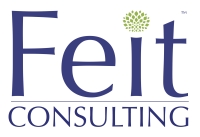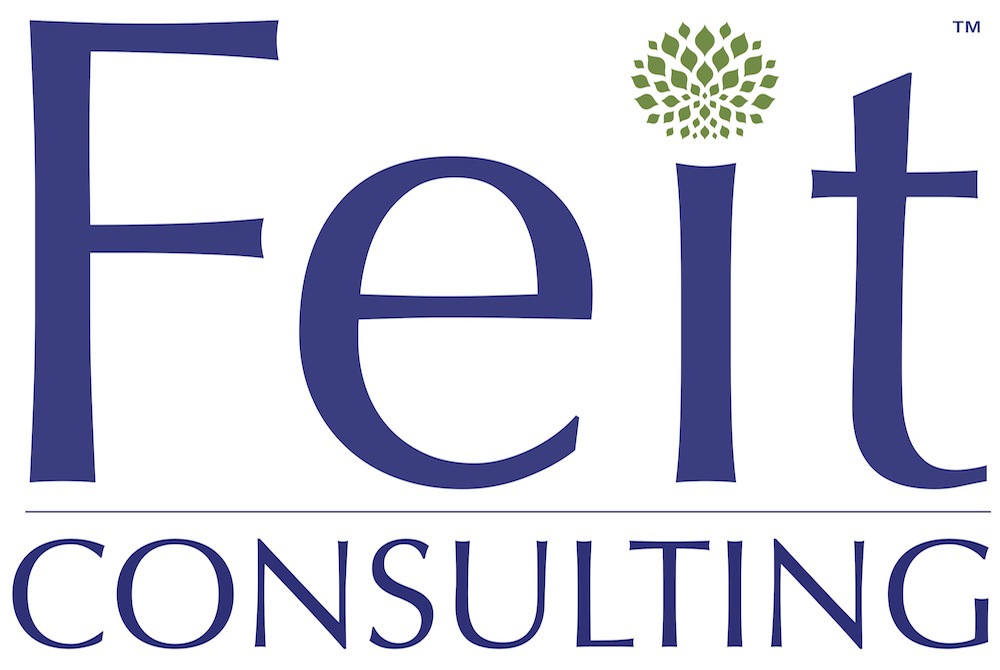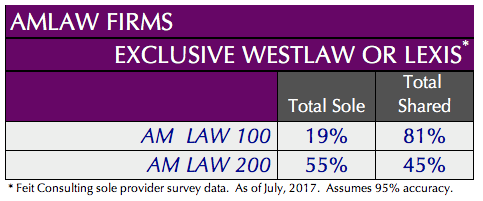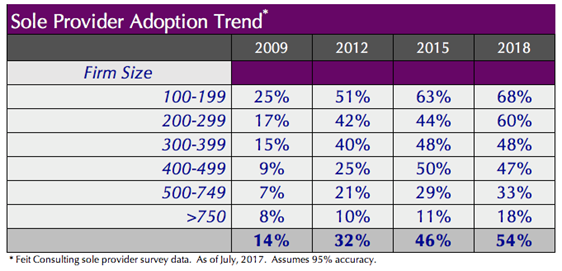
Goodbye Relationship, Hello Transaction?
By Michael Feit | Feit Consulting
As we prepared our 2019 Legal Information Vendor Market Survey questions, we realized a lot had changed in the market since our last Survey.
Multiple vendors had made aggressive moves to take more market share – and seemed to have left customer relationships at the side of the road.
It left us with the question, are legal information vendors operating on a new premise: “Goodbye relationship, hello transaction”? It may not be all that surprising behavior in a saturated market with vendors, but it’s good to understand the tactics of the major players and how firms across the industry are responding.
Here are some of the questions we had on our minds as we developed the survey:
- Is sole provider morphing into churn – delete a vendor, bring the vendor back at a lower cost?
- Will Lexis be successful with its restrictive policy, and how important to firms are their peripheral products to underpin this strategy?
- How has the market sentiment regarding Bloomberg BNA changed with the sunsetting of key print and other products?
- How do customer’s feel about the forced upgrades in Bloomberg BNA proposals?
- How likely are firms to purchase Westlaw Edge? And what are they willing to pay?
- What are the 2019 must-have products?
In the end, the outcome may resemble what has transpired in other similar markets. Alternatives and new competitors will spring up. Customers will be on the alert to seek out more reasonably-priced options. And when the pain of these price increases – and presumably, additional increases to come – becomes too great to bear, firms may simply begin to walk away.
We look forward to what the data will show.










